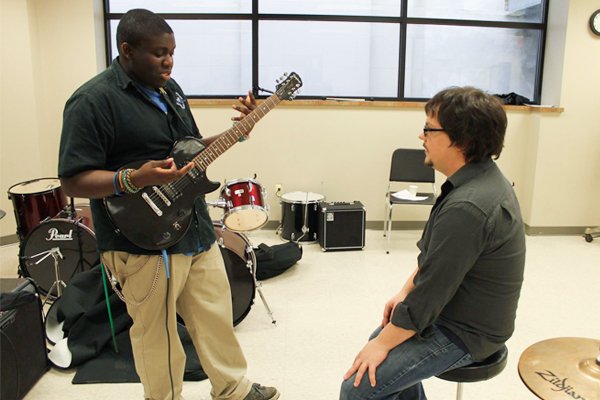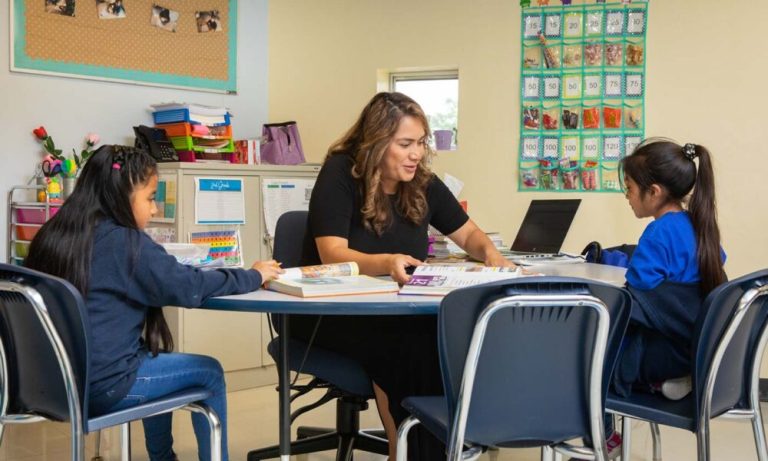
The landscape of music education has evolved dramatically in recent years, particularly due to advancements in technology and the growing acceptance of online learning. As a result, aspiring musicians now have the option to choose between traditional in-person music lessons and virtual classes conducted over the internet. Each mode of learning comes with its unique advantages and challenges, but the rise of online music lessons is fundamentally changing how we approach music education. This blog post explores the key differences between virtual and in-person music lessons and how online learning is reshaping the way we learn music.
The Rise of Online Music Lessons
The global shift toward digital education accelerated during the COVID-19 pandemic, leading to an explosion in the popularity of online music lessons. With platforms like Zoom, Skype, and dedicated music education websites, students can now learn from expert instructors worldwide, breaking geographical barriers that once limited their options.
Key Advantages of Online Music Lessons
Accessibility and Convenience
-
- Online music lessons offer unparalleled accessibility. Students can learn from the comfort of their homes, eliminating travel time and allowing for flexible scheduling. This convenience makes it easier for busy professionals and students to fit lessons into their schedules.
Wider Selection of Instructors
-
- Virtual lessons provide access to a global pool of music teachers, allowing students to find instructors who specialize in specific instruments or styles that may not be available locally. This broadens educational opportunities and helps students discover unique teaching methods.
Personalized Learning Experience
-
- Many online platforms offer tailored lesson plans based on individual goals and skill levels. Students can progress at their own pace, focusing on areas where they need improvement or exploring new musical genres that interest them.
Use of Technology
-
- Online lessons often incorporate various technological tools, such as recording software, music theory apps, and interactive exercises. These resources can enhance the learning experience, making it more engaging and effective.
Affordable Options
-
- Online music lessons can often be more cost-effective than in-person sessions. Students may find lower rates due to reduced overhead costs for teachers and the ability to choose from various pricing structures.

The Benefits of In-Person Music Lessons
While online music lessons have gained significant traction, traditional in-person classes continue to offer distinct advantages that are hard to replicate virtually.
Hands-On Guidance
-
- In-person lessons allow for immediate feedback and hands-on assistance. Instructors can physically demonstrate techniques and make adjustments to students’ posture, hand positioning, and technique in real time, which can be particularly beneficial for beginners.
Building Relationships
-
- Face-to-face interactions foster stronger relationships between teachers and students. This personal connection can enhance motivation and create a supportive learning environment. The social aspect of in-person classes can also help reduce performance anxiety and build confidence.
Structured Environment
-
- In-person lessons often provide a more structured learning environment, free from home distractions. This focused atmosphere can help students concentrate better and fully immerse themselves in the learning process.
Performance Opportunities
-
- Many in-person music schools offer recitals, showcases, and ensemble opportunities, allowing students to perform live in front of an audience. These experiences are invaluable for developing stage presence and overcoming performance anxiety.
Community Engagement
-
- Joining a local music class or school allows students to become part of a musical community. Collaborating with peers in group classes or ensembles can lead to lasting friendships and enhance the learning experience.
The Future of Music Education
The choice between online and in-person music lessons ultimately depends on individual preferences, learning styles, and personal circumstances. As technology continues to advance, hybrid models of learning are likely to emerge, combining the benefits of both virtual and in-person instruction. For instance, some teachers may offer a blend of online lessons with occasional in-person sessions for hands-on guidance.
Conclusion
Online music classes are revolutionizing the way we learn music, offering flexibility, accessibility, and a wealth of resources that can enhance the educational experience. However, traditional in-person music lessons still hold significant value, particularly for those seeking hands-on guidance and community engagement. As the world of music education continues to evolve, students now have more options than ever to tailor their learning experiences to fit their needs. Whether you choose to strum your first chords online or play your heart out in a local studio, the most important thing is to embrace the journey of musical discovery and enjoy the transformative power of music.






